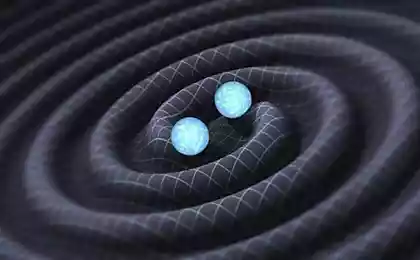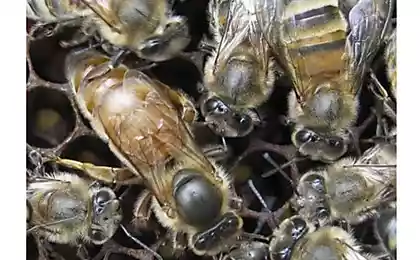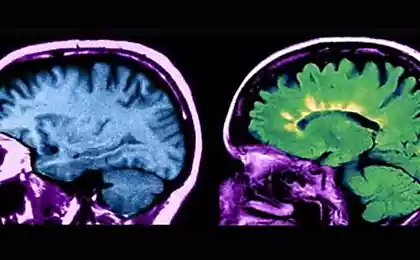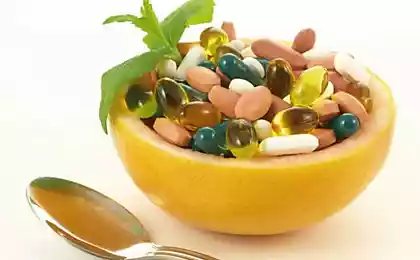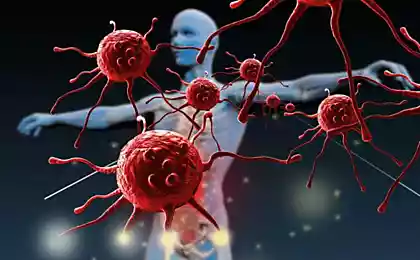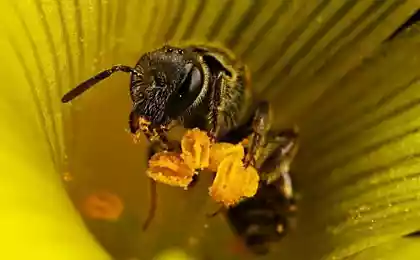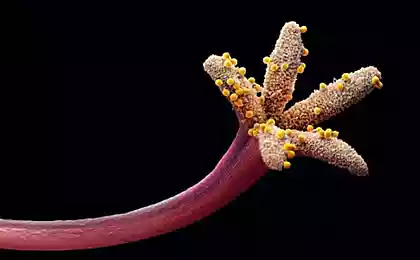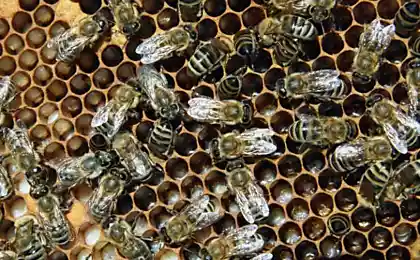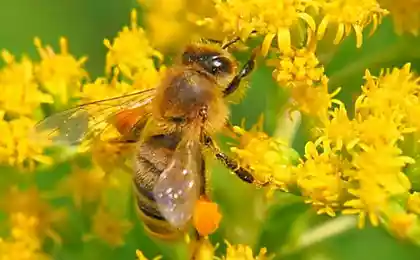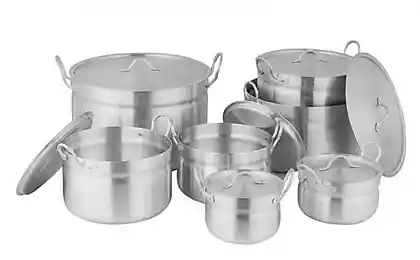431
Bee pollen
Bee pollen consists of plant pollens collected by worker bees, sealed with plant nectar and bee saliva. After passing through bee legs, pollen becomes bee pollen, i.e., pollen that the bees have collected and processed their enzymes. Bee pollen is the second volume of consumption and the leading power product of the bee family. Bees make much effort to stock up with pollen, — this invaluable and vital foodstuffs.
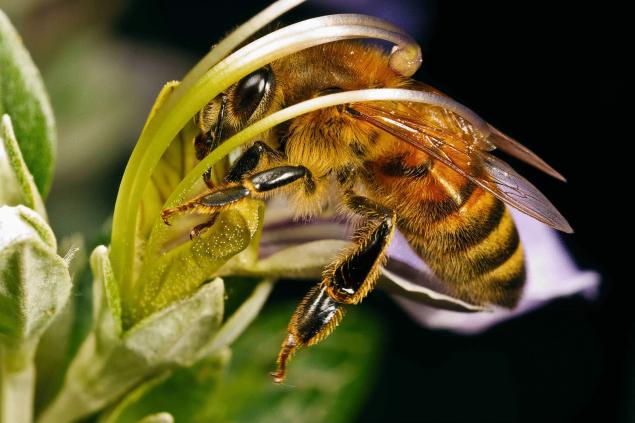
Bee pollen of various plants contains not less than 28 elements of the periodic table: sodium, potassium, Nickel, titanium, vanadium, chromium, phosphorus, zircon, beryl, bot, zinc, lead, silver, arsenic, tin, gallium, strontium, barium, uranium, silicon, aluminum, magnesium, manganese, molybdenum, copper, calcium, iron
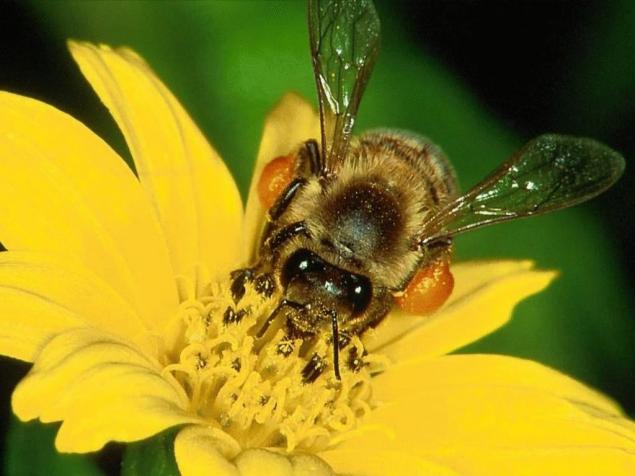
The composition of bee pollen include almost all essential amino acids, albeit in different amounts. Bee pollen is rich in bio-active, broad-spectrum substances anti-sclerotic, capillary strengthening. There in the pollen and a fair amount of vitamins. First of all, provitamin a and vitamins C, D, E, K, PP. In addition, in this product are discovered to stimulate growth. It has enzymes, and volatile.
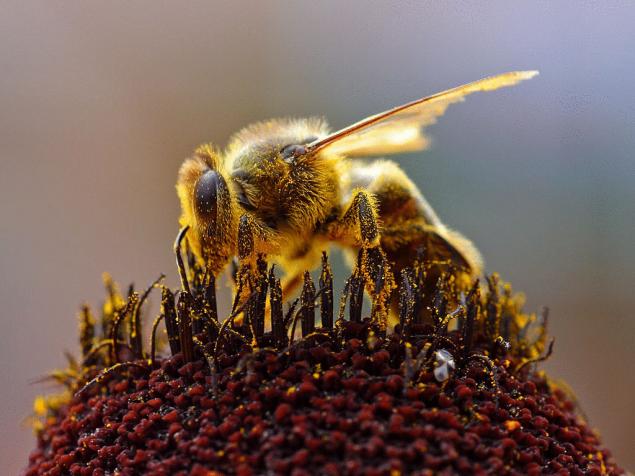
Bee pollen is recommended when physical exhaustion, anemia, recovery after severe diseases. The use of the aforementioned products will quickly raise the level of hemoglobin in the blood, improves the immune system. Bee pollen increases energy, improves stamina, supports the immune system, digestion, promotes weight loss, enhances mental abilities, protects against heart disease, cancer, arthritis and even stress. It is believed that the use of bee pollen inside to slow the aging process, rejuvenating the skin and preserve energy and youthfulness.
Source: /users/147

Bee pollen of various plants contains not less than 28 elements of the periodic table: sodium, potassium, Nickel, titanium, vanadium, chromium, phosphorus, zircon, beryl, bot, zinc, lead, silver, arsenic, tin, gallium, strontium, barium, uranium, silicon, aluminum, magnesium, manganese, molybdenum, copper, calcium, iron

The composition of bee pollen include almost all essential amino acids, albeit in different amounts. Bee pollen is rich in bio-active, broad-spectrum substances anti-sclerotic, capillary strengthening. There in the pollen and a fair amount of vitamins. First of all, provitamin a and vitamins C, D, E, K, PP. In addition, in this product are discovered to stimulate growth. It has enzymes, and volatile.

Bee pollen is recommended when physical exhaustion, anemia, recovery after severe diseases. The use of the aforementioned products will quickly raise the level of hemoglobin in the blood, improves the immune system. Bee pollen increases energy, improves stamina, supports the immune system, digestion, promotes weight loss, enhances mental abilities, protects against heart disease, cancer, arthritis and even stress. It is believed that the use of bee pollen inside to slow the aging process, rejuvenating the skin and preserve energy and youthfulness.
Source: /users/147


